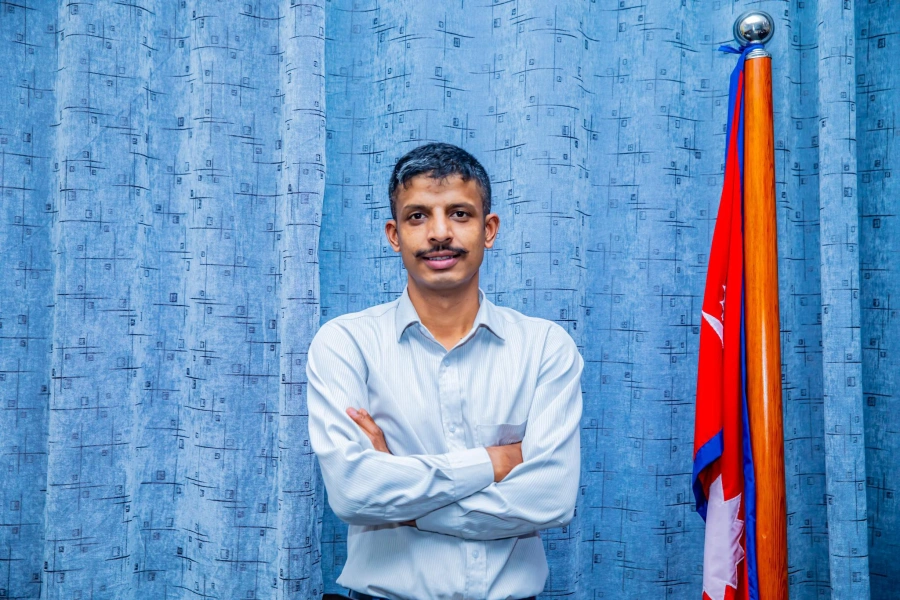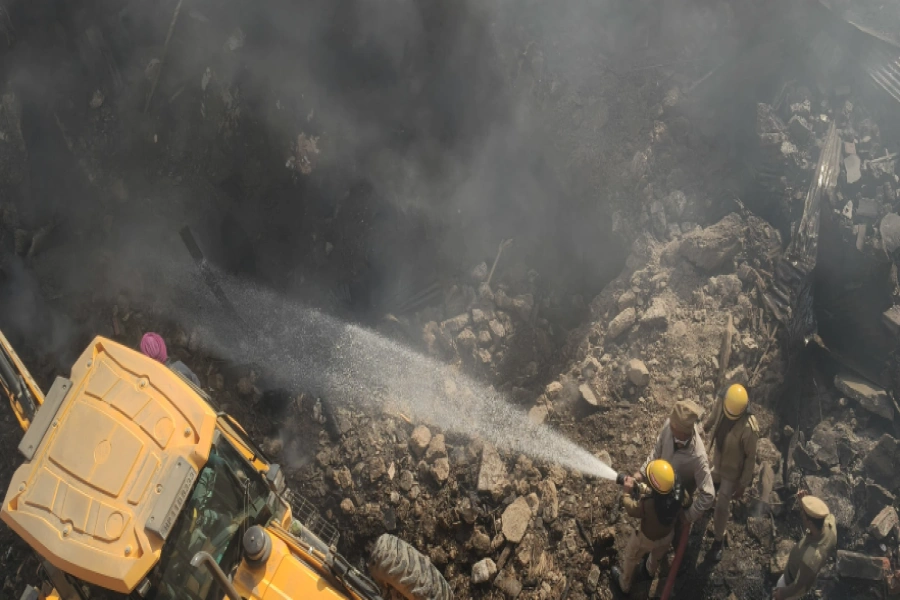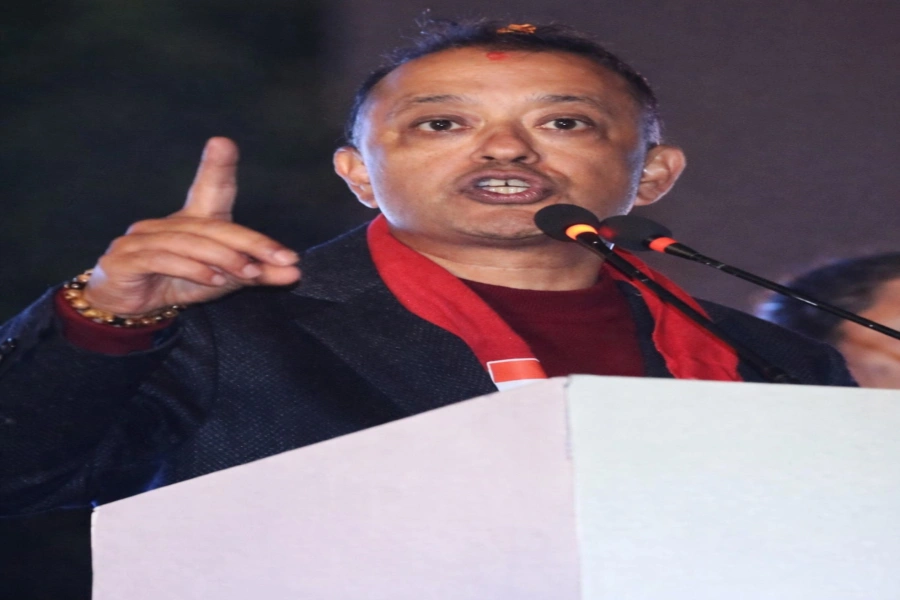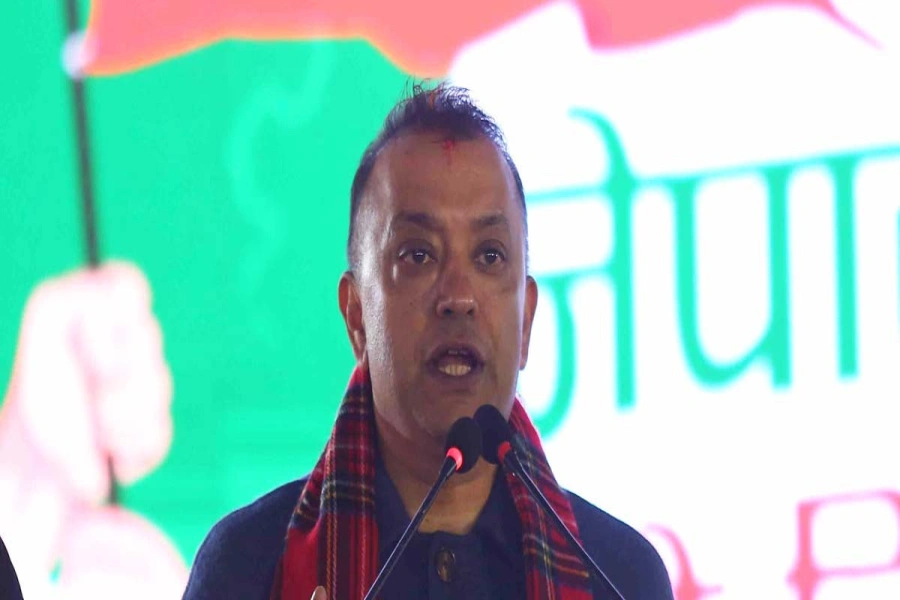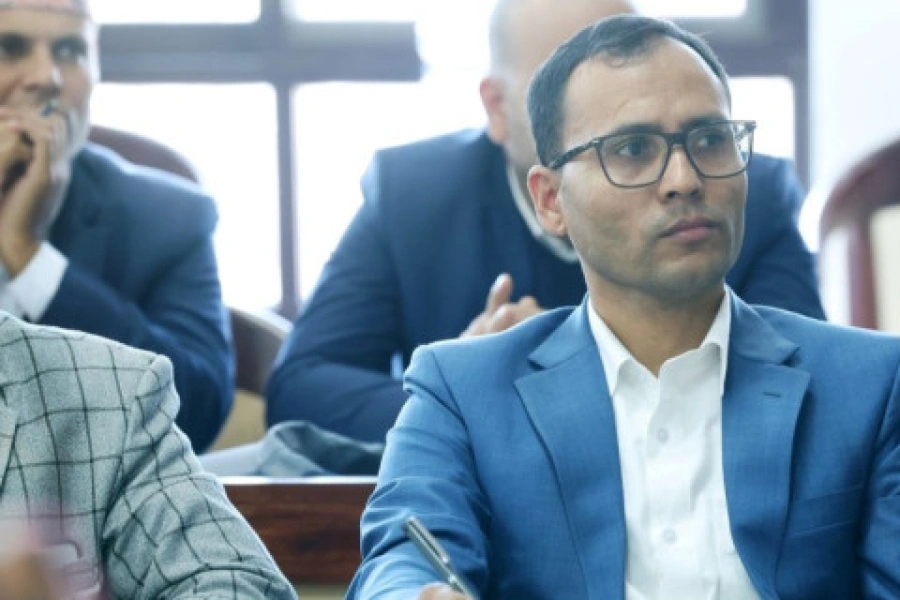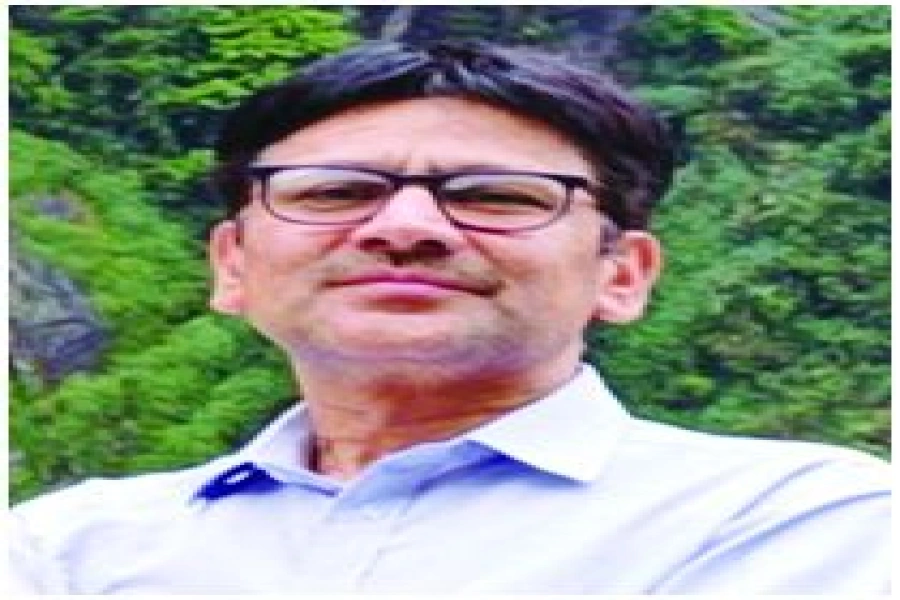Cases like Bista’s aren’t the only ones of its kind. Siddhi Memorial Foundation in Bhaktapur has an elderly home where people wishing to join on their own isn’t uncommon. Differences in the family, not wishing to become a burden on their children, loneliness and wanting to receive proper medical care are common narratives.
The tick of time is inescapable and growing old inevitable. But with modernization taking over traditional lifestyles, the elderly populous in Nepal today find themselves unable to keep up. Most are left alone at home while their sons and daughters go about their lives, often abroad, oblivious to their parents’ loneliness.
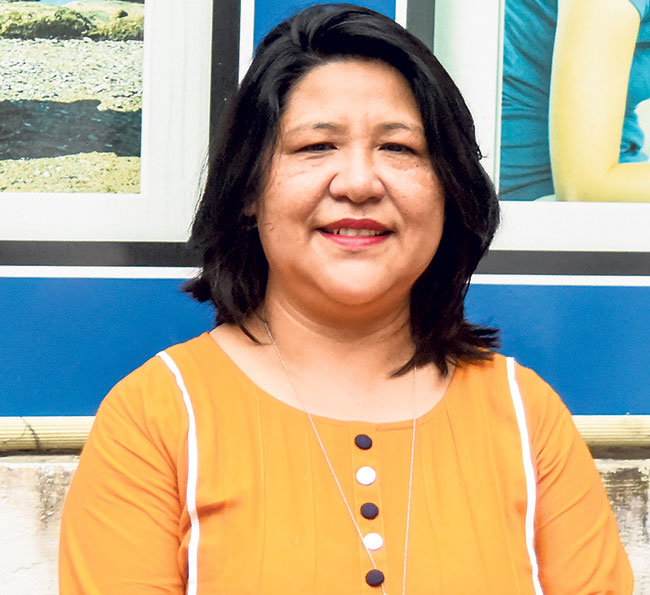
As older citizens feel isolated and deprived, it isn’t uncommon for them to want to get out of their homes and choose to live the rest of their lives with people like themselves – at old age homes. Old age homes have gotten a pretty bad rap because we have all heard stories of children abandoning their parents at such places. But, sometimes, there’s more to the story than that.
“I have actually seen many older people actually begging their children to leave them at old age homes,” says Pramila Bajracharya Thapa adding that many elderly people seek elderly care homes because of the better care they provide. According to Thapa, there are also increasing cases of dementia and Alzheimer’s among the elderly population and to save their families from the trouble of caring for them, many choose to live at old age homes. “A lot of older people fear that their conditions will worsen if they aren’t given systemized care and they can’t expect to get professional medical care at their homes,” elaborates Thapa.
Trump bans dealings with Chinese owners of TikTok, WeChat

Thapa, chief executive officer at The Hope Hermitage, an elderly care facility located in Kathmandu, says that she has seen a lot of people become unsatisfied and listless once they retire. Having worked in the development sector for decades she often wonders why the issues faced by the elderly population have never been given the attention it warrants.
The Hope Hermitage is one of the many elderly care facilities that run recreational activities, and various interactive sessions. The elderly wish for wholesome environments of conversations and merriment. Solidarity and reclusiveness don’t settle well with them. “Just because their bodies fail them does not necessarily mean their hearts fail them too,” says Thapa.
69-year-old, Sher Bahadur Karki says he gets up at five in the morning everyday. It’s a routine he has followed ever since he can remember. “You know what they say, old habits die hard,” he chuckles. Everyday he makes rounds of his neighborhood, sometimes thrice a day. He jumps at every chance to fetch vegetables or milk just so that he has an excuse to leave the house. “No matter how hard I try, I just can’t stay in,” Karki claims. Karki meets with a group of people his age everyday who too wish to get out of their houses. The air, he says, becomes stifling when you are alone at home. And this it seems is where old age homes or elderly care facilities come to the rescue.
Saraswati Bista stays at The Hope Hermitage and she is there because she wants to live there. At the age of 74, she has seen life in all its faces and colors and wishes to spend the rest of her life in peace. Sometime ago, she fractured her spine while working in her garden and was rendered immobile. The former teacher couldn’t bear the thought of burdening her family as she could see how hard it was for them too. Add to that the responsibility of taking care of a disabled old woman, she just couldn’t deal with them having to cope with it all.
“As young people, everyone wishes for freedom and I’d be denying my family the right to live freely,” she says. One of her students suggested that she consider the elderly homes. However, she too then was of the mindset that such homes were for the neglected and unloved. But very soon her perception was to change. For what she saw in the homes were sanatoriums for people like herself: Immaculate living conditions, activities to indulge in and, above all, liberation from all feelings of disquietude.
She changed a few homes, not for lack of facilities, but looking for one that suited her needs. She came across The Hope Hermitage that she now calls her own home. “There are so many people like me here. I’ve been transported to my childhood, when it was all about laughter and fun. That’s exactly how it is here,” she says, rather cheerfully. Here she adds, school children come asking for her and her days are filled with humor and warmth.
Cases like Bista’s aren’t the only ones of its kind. Siddhi Memorial Foundation in Bhaktapur has an elderly home where people wishing to join on their own isn’t uncommon. Differences in the family, not wishing to become a burden on their children, loneliness and wanting to receive proper medical care are common narratives.
Former librarian, Sabita KC, 6, has devoted her life to taking care of her 86-year-old mother. She admits her inability to denounce this responsibility, as a daughter she wants to take care of her ailing mother. “It is hard for older people in Nepal but it is also hard on us. When my mother wishes to take walks it becomes a great hassle. The streets are unbelievably crowded and people unkind. The hardest is when she falls sick. I never know what to do then,” KC claims.
Sometimes KC finds herself wondering if her mother would be happier if she had some friends her own age. She knows there will people her mother can talk to at elderly care facilities and even agrees that the authorities there would be better able to handle her. But she can’t fathom leaving her mother there. “I wonder if I’m being selfish by denying my mother a chance to live with people who could actually give her company and make her feel good,” she adds.
Population statistics indicates that elderly population growth every year has always been more than the total population growth rate in Nepal. In 1961, the life expectancy of the average Nepali was 31 years, in 2018, it was reported to be 71. In such a scenario, it becomes imperative the older generation is given the care and companionship they require. Perhaps the awareness that we are all eventually going to be there might serve as a good incentive for us to better care for our older family members and take their wishes into consideration too.




